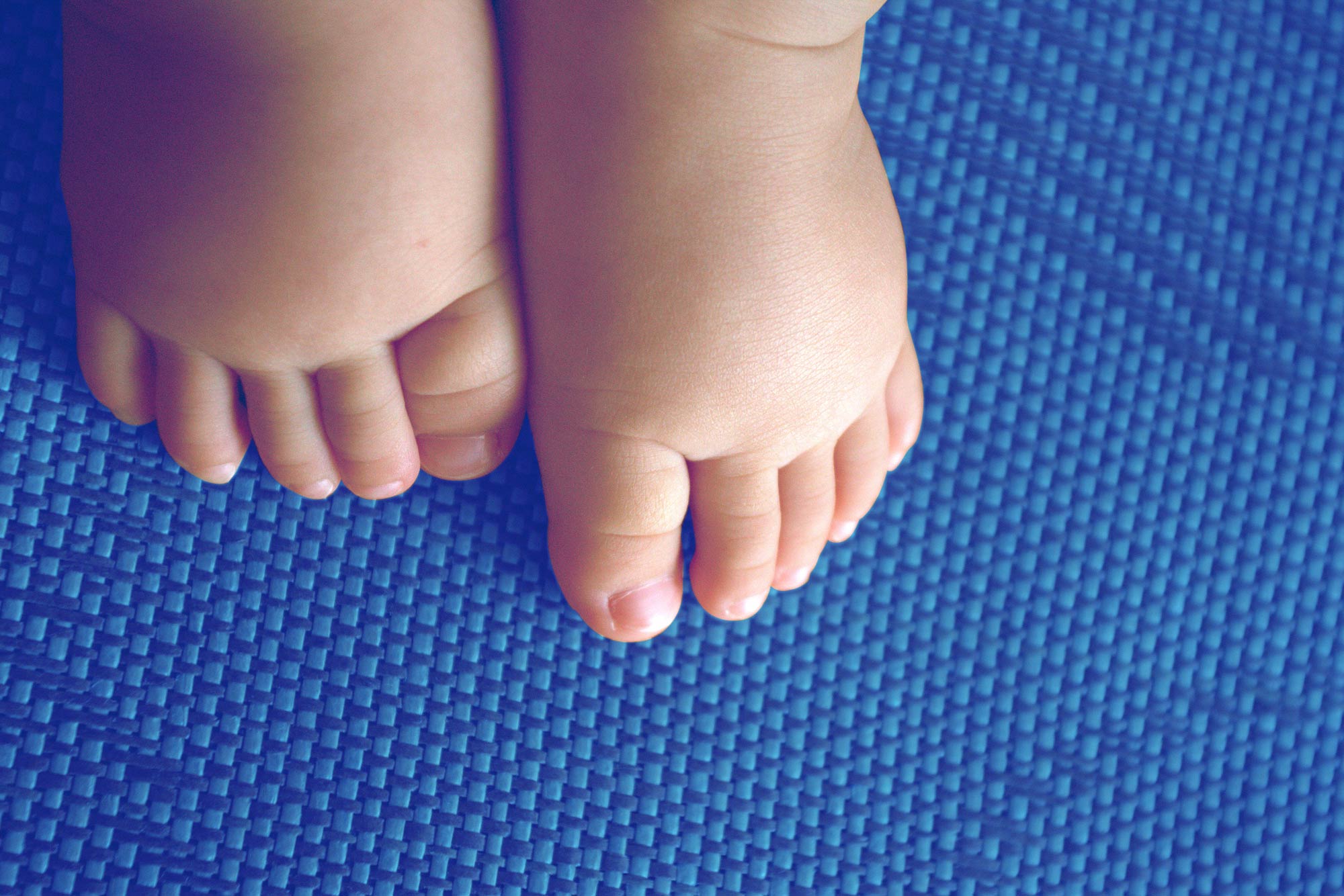Infants born with a high birthweight are more likely to become obese as children, a new study from the University of Virginia School of Medicine suggests. The researchers say pediatricians may want to counsel parents of high birthweight babies early on to prevent the onset of obesity and the health problems it eventually brings.
The study looked at 10,186 children across the country, both those born at term and those born prematurely. The children born with high birthweight at term were more likely to be obese by kindergarten than their average-weight counterparts. A similar finding held true in the children born prematurely, starting in first grade.
“Infants born with higher birthweight appeared to be at risk from a young age,” said researcher Sarah Miller. “These children may benefit from early attention.”
Childhood Obesity
Children born with a large birthweight (above 10 pounds at term) were 69 percent more likely than average weight children to be obese by kindergarten and continuing at least through second grade, the researchers determined. By second grade, the last grade examined, 23.1 percent of children born with high birthweight were obese. In comparison, children born at the expected weight had an obesity rate of only 14.2 percent by second grade.

Dr. Mark DeBoer said he hopes the study will help families make healthy lifestyle decisions for children. (Photo by Dan Addison, University Communications.)
Of the premature infants born with high weight for gestational age, 27.8 percent were obese by second grade. Those born at the expected weight had an obesity rate of only 14.2 percent. Those born below the expected weight had an obesity rate of 28 percent.
The study found these relationships despite adjusting for factors such as socioeconomic status but did not look at other factors that contribute to the children’s obesity. The researchers suggested that pediatricians might give special attention to parents of high birthweight babies, possibly counseling them on lifestyle habits that could prevent weight gain from a young age, such as reducing television viewing, encouraging physical activity and avoiding sugary drinks and juice.

“We are hopeful that these data may help physicians and families make healthy lifestyle decisions for their young children to avoid later weight problems,” said researcher Dr. Mark DeBoer of the UVA Children’s Hospital.
Overall, almost 17 percent of U.S. children are obese and an additional 15 percent are overweight.
Findings Published
The researchers have published their findings in the scientific journal Pediatric Obesity. The research team consisted of Nicole Kapral, Miller, Rebecca Scharf, Matthew J. Gurka and DeBoer.
The work was supported by the National Institutes of Health, grant R01HL120960, and a Doris Duke Charitable Foundation Clinical Scientist Development Award.
Media Contact
Article Information
July 11, 2017
/content/babies-born-big-more-likely-become-obese-children-study-finds

